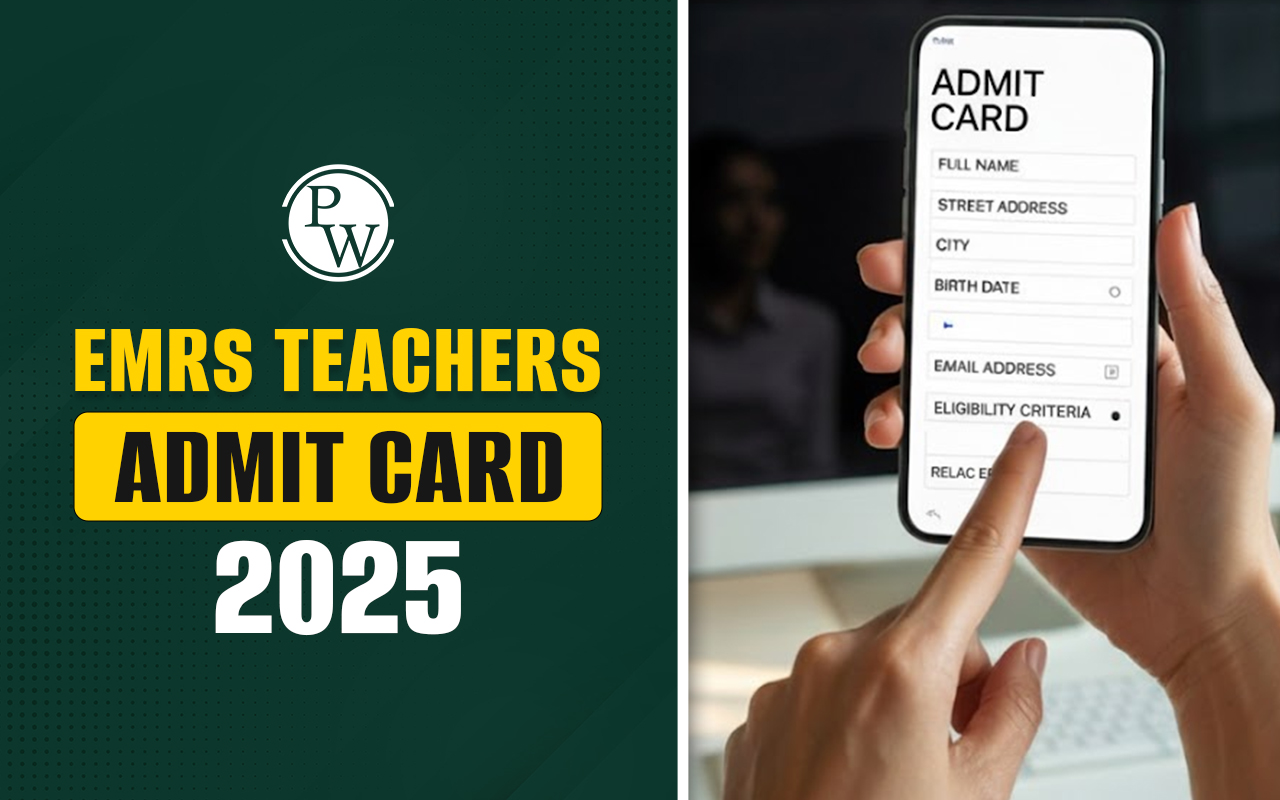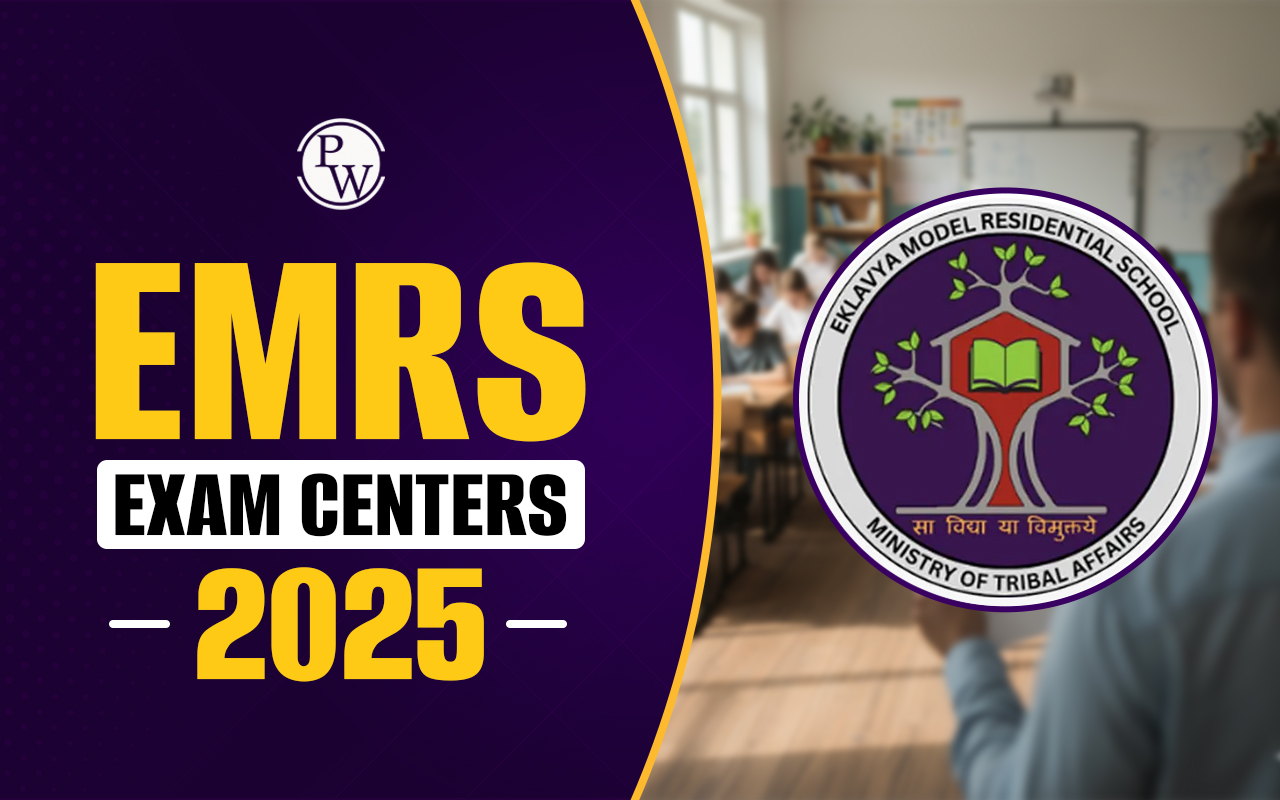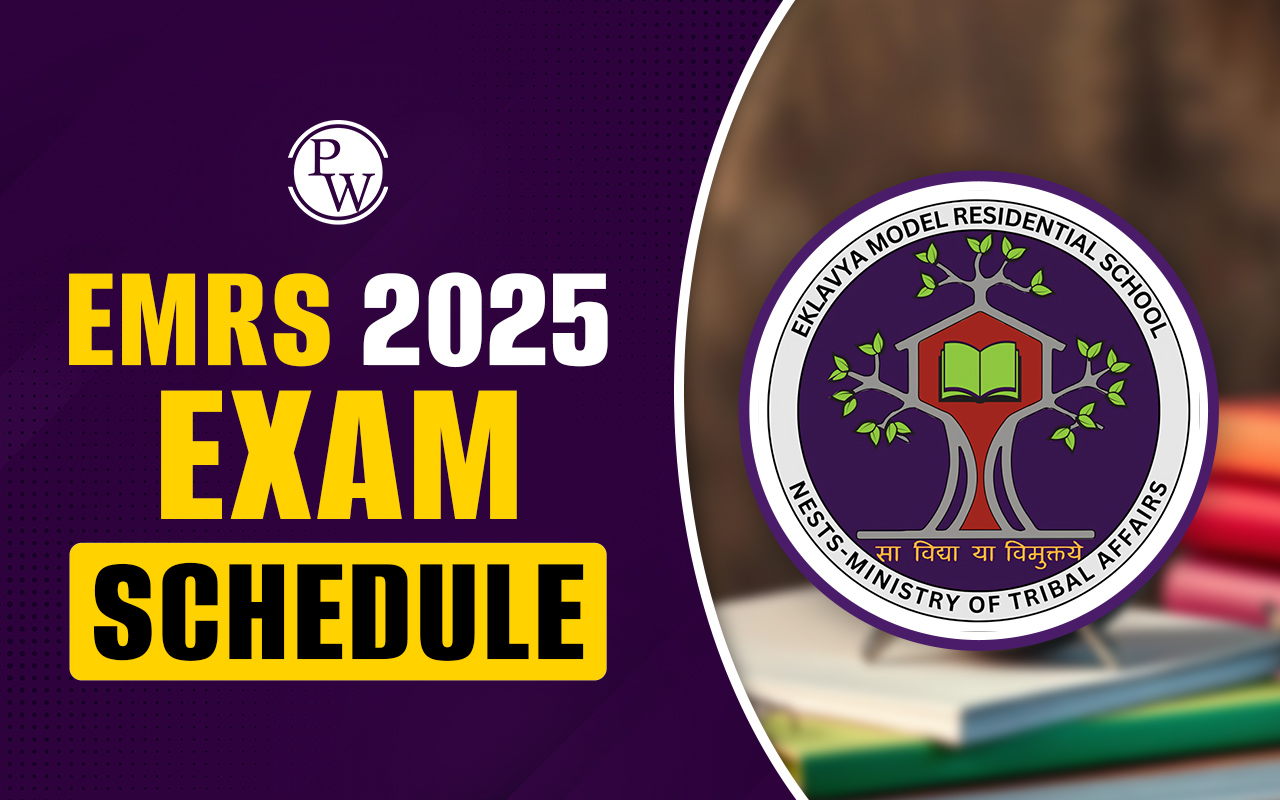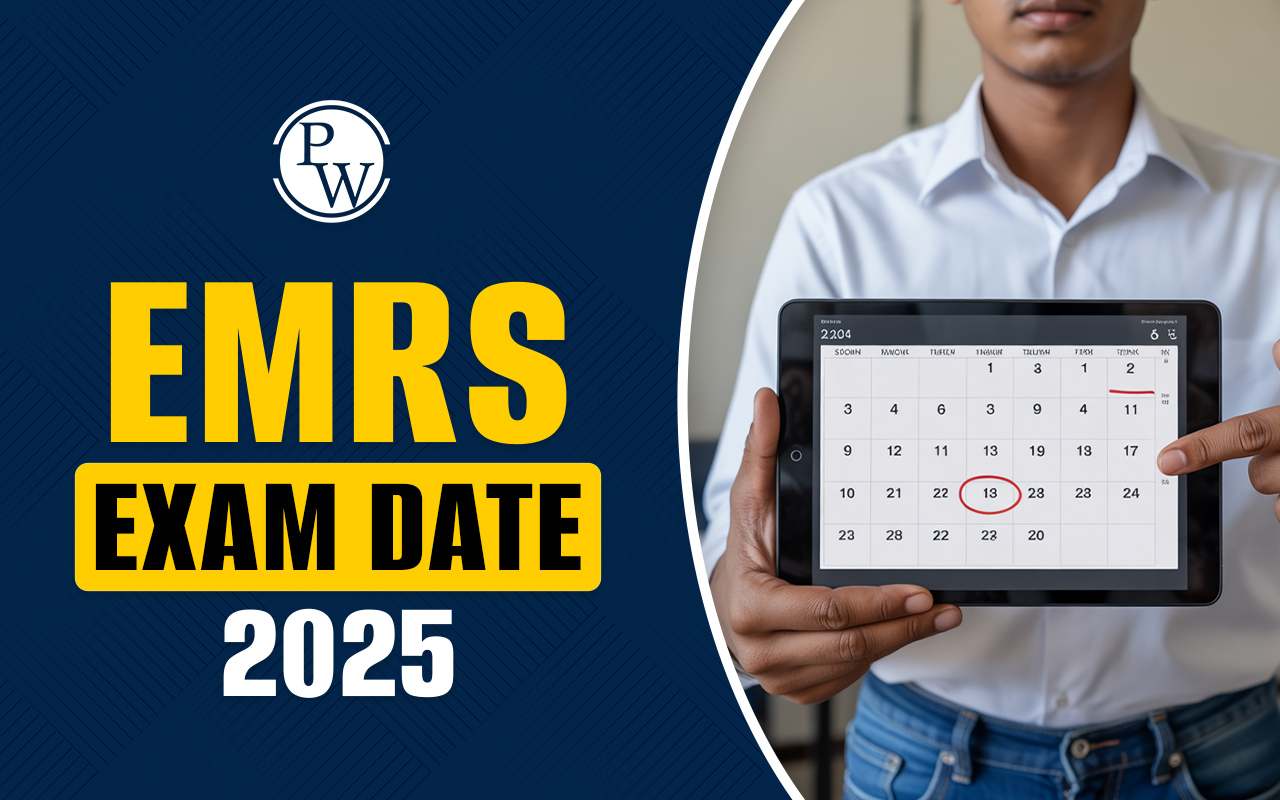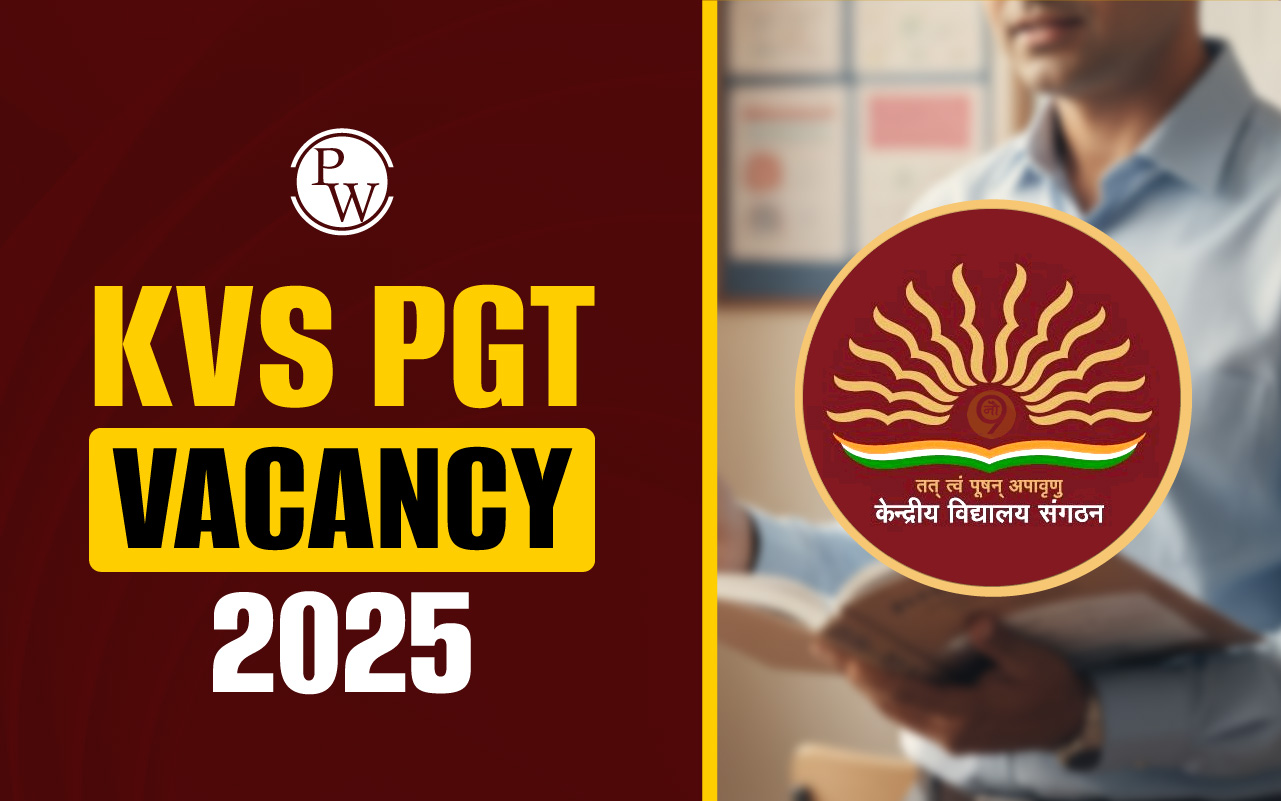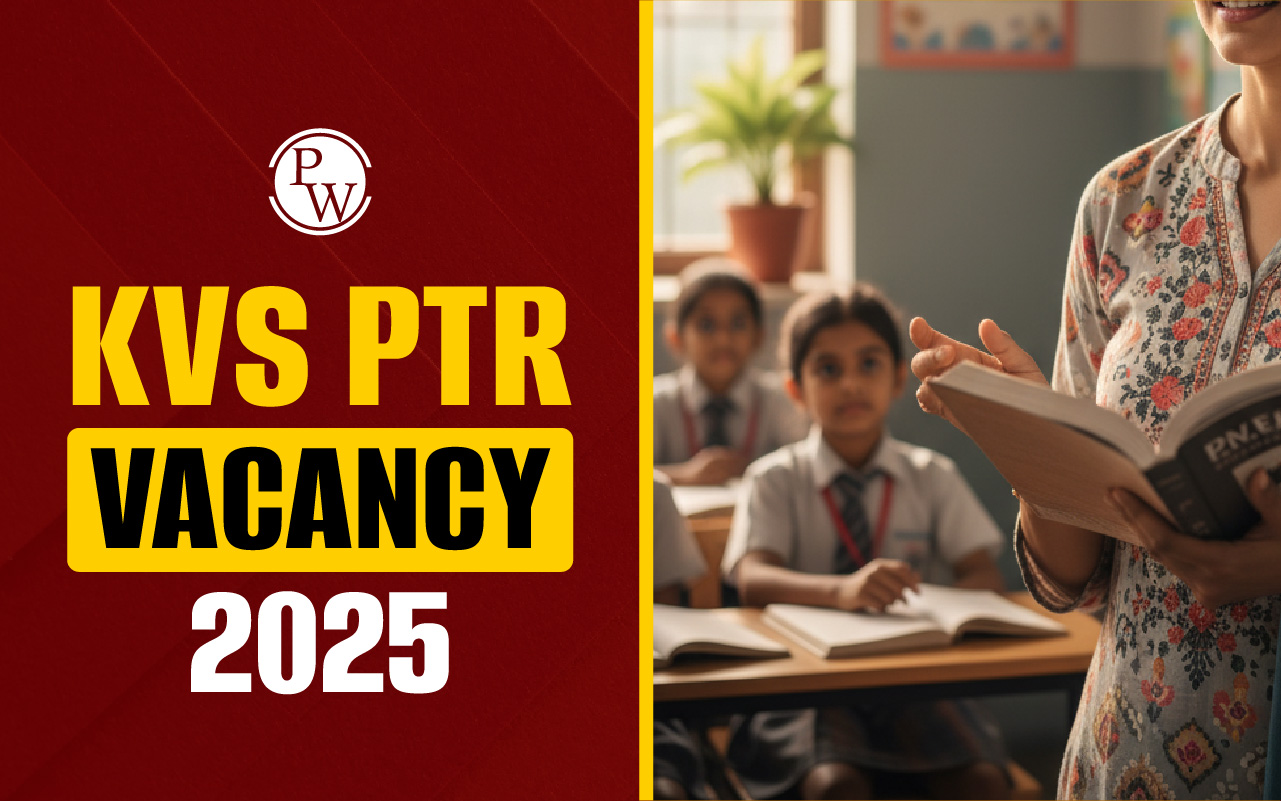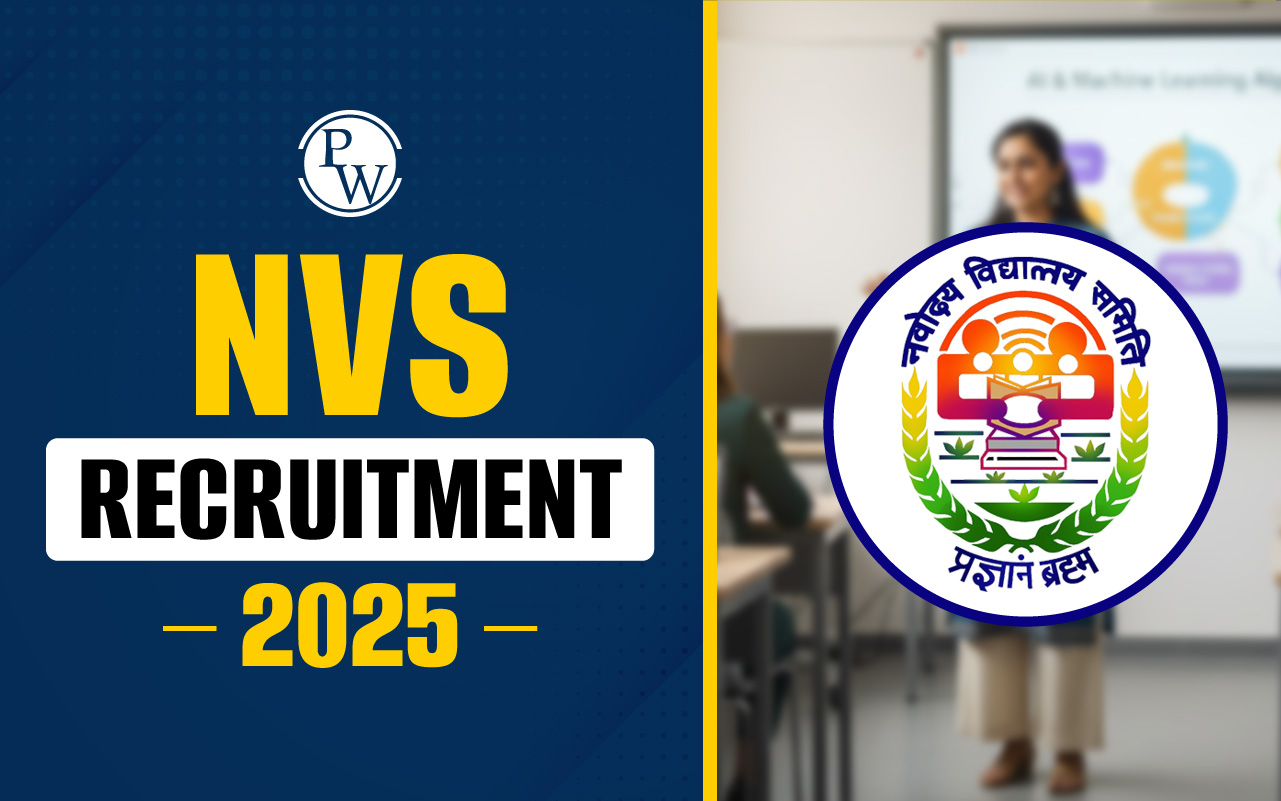
Tripura TET Syllabus 2025: The Teachers’ Recruitment Board, Tripura (TRBT), has released the Tripura TET Syllabus on its official website. This syllabus is an essential factor for candidates preparing for the Tripura Teacher Eligibility Test (TET) 2025, which assesses their eligibility for teaching positions in primary (Classes I-V) and upper primary (Classes VI-VIII) levels. Understanding the syllabus helps candidates focus on essential topics, enhancing their chances of success. Read on for a detailed breakdown of the Tripura TET Syllabus and the exam pattern.
Tripura TET Syllabus 2025 Overview
The Tripura TET Syllabus is divided into two parts:- Paper 1 : For candidates aspiring to teach classes I to V (Primary Level).
- Paper 2 : For candidates aiming to teach classes VI to VIII (Upper Primary Level).
| Tripura TET Syllabus Overview | |
|---|---|
| Feature | Details |
| Exam Name | Tripura Teacher Eligibility Test (TET) 2025 |
| Conducting Body | Teachers Recruitment Board, Tripura (TRBT) |
| Category | Tripura TET Syllabus |
| Exam Level | State-Level |
| Mode of Application | Online |
| Exam Mode | Offline (OMR-based) |
| Duration | 2.5 hours |
| Question Type | Multiple Choice Questions (MCQs) |
| Negative Marking | No |
| Total Questions (Both Papers) | 150 Questions |
| Total Marks (Both Papers) | 150 Marks |
| Official Website | trb.tripura.gov.in |
| Papers | Paper 1 (Primary Level: Classes I-V), Paper 2 (Upper Primary Level: Classes VI-VIII) |
| Subjects Covered | Child Development & Pedagogy, Language I & II, Mathematics, Environmental Studies, Social Studies, Science |
| Marking Scheme | 1 Mark per question, No negative marking |
Tripura TET Syllabus Download PDF
The Tripura TET Syllabus PDF is available for download on the official website of the Teachers’ Recruitment Board, Tripura (TRBT). This PDF contains a detailed outline of the syllabus for both Paper 1 and Paper 2, which is crucial for candidates preparing for the upcoming exam. Downloading the syllabus will help candidates plan their study schedule effectively, ensuring they cover all relevant topics. For the ease of the candidates we have presented the direct link below through which, aspirants can directly download the required syllabus PDF.| Tripura TET Syllabus PDF Download | |
| PAPER 1 | Click Here |
| PAPER 2 | Click Here |
Tripura TET Syllabus Subject Wise
A detailed subject-wise breakdown of the Tripura TET Syllabus provides clarity for candidates preparing for the TRBT Tripura Teaching Exam 2025. Here is a detailed breakdown of the Tripura TET Syllabus Subject Wise for both Paper 1 and Paper 2:| Tripura TET Paper-I Syllabus | ||
|---|---|---|
| Part | Section | Topics |
| PART-I: CHILD DEVELOPMENT AND PEDAGOGY | (A) Child Development and Learning |
|
| (B) Inclusive Education & Special Needs |
|
|
| (C) Learning and Pedagogy |
|
|
| PART-II: LANGUAGE-I (ENGLISH) | (A) Language Comprehension |
|
| (B) Pedagogy of Language Development |
|
|
| PART-III: LANGUAGE-II (BENGALI or KOKBOROK) | Bengali Topics |
|
| Kokborok Topics |
|
|
| PART-IV: MATHEMATICS | (A) Content |
|
| (B) Pedagogical Issues |
|
|
| PART-V: ENVIRONMENTAL STUDIES | (A) Content |
|
| (B) Pedagogical Issues |
|
|
| T-TET PAPER-II Syllabus | ||
|---|---|---|
| Part | Sections | Topics |
| PART-I Child Development and Pedagogy - (30 MCQs) | (A) Child Development (Elementary School Child) |
|
| (B) Inclusive Education and Special Needs |
|
|
| (C) Learning and Pedagogy |
|
|
| PART-II Language-I (English) - (30 MCQs) | (A) Language Comprehension |
|
| (B) Pedagogy for Language Development |
|
|
| PART-III Language-II (Bengali) - (30 MCQs) |
|
|
| PART-IV Language-II (Kokborok) - (30 MCQs) |
|
|
| PART-V Mathematics and Science - (60 MCQs) | (A) Mathematics - (30 MCQs) |
|
| (B) Science - (30 MCQs) |
|
|
| PART-VI Social Studies - (60 MCQs) | Geography (15 MCQs) |
|
| History (15 MCQs) |
|
|
| Civics (15 MCQs) |
|
|
| Economics (15 MCQs) |
|
|
| Pedagogical Issues |
|
|
Tripura TET Exam Pattern
Understanding the exam pattern is essential to navigate the Tripura TET Syllabus efficiently. Below are the highlights of the exam pattern:| Tripura TET Exam Pattern for Paper 1 | ||
| Content (All Compulsory) | MCQs | Marks |
| 1. Child Development and Pedagogy | 30 | 30 |
| 2. Language-I: English | 30 | 30 |
| 3. Language-II: Bengali or Kokborok | 30 | 30 |
| 4. Mathematics | 30 | 30 |
| 5. Environmental Studies | 30 | 30 |
| Tripura TET Exam Pattern for Paper 2 | |||
| Content | MCQs | Marks | |
| 1. Child Development and Pedagogy: | Compulsory | 30 | 30 |
| 2. Language-I: English | Compulsory | 30 | 30 |
| 3. Language-II: Bengali or Kokborok: | Compulsory | 30 | 30 |
| 4. (a) For Mathematics and Science Teachers: Mathematics and Science | |||
| (b) For Social Studies Teachers: | Social Studies | 60 | 60 |
| (c)For any other Teachers: Either 4 (a) or 4 (b) | |||
Tripura TET 2025 Exam Preparation Tips
Preparing for the Tripura TET Syllabus requires a strategic approach to cover all key topics effectively. Here are some practical tips to help you ace the exam:- Start Early : Use the syllabus as a provisional guide to begin your preparation. This will help you build a strong foundation.
- Practice Mock Tests : Familiarize yourself with the Tripura TET Exam Pattern by solving mock tests to enhance speed and accuracy.
- Revise Regularly : Consistent revision ensures the retention of important concepts and reduces last-minute stress.
- Stay Updated : Monitor the official TRBT website frequently for updates on the Tripura TET Syllabus PDF Download and related announcements.
- Focus on Weak Areas : Identify sections where you need improvement and allocate more time to strengthen them.
- Time Management : Develop a study schedule to cover the syllabus systematically while leaving enough time for revisions.
Tripura TET Syllabus FAQs
Q1. What is the Tripura TET Syllabus 2025 Overview?
Ans. The Tripura TET Syllabus 2025 Overview includes Paper 1 for classes I-V and Paper 2 for classes VI-VIII, covering essential teaching topics.
Q2. Where can I find the Tripura TET Syllabus 2025 PDF Download link?
Ans. The Tripura TET Syllabus 2025 PDF Download link has been available on the official TRBT website and candidates can also refer to this guide to download PDF.
Q3. What subjects are included in Tripura TET Syllabus 2025 for Paper 1?
Ans. The Tripura TET Syllabus 2025 for Paper 1 includes Child Development, Language I & II, Mathematics, and Environmental Studies.
Q4. What subjects are covered in Tripura TET Syllabus 2025 for Paper 2?
Ans. The Tripura TET Syllabus 2025 for Paper 2 includes Child Development, Language I & II, and specialized sections for Mathematics, Science, or Social Studies.
Q5. How is the Tripura TET Exam Pattern 2025 structured?
Ans. The Tripura TET Exam Pattern 2025 features two papers, each with 150 marks and a duration of 2 hours 30 minutes.
Talk to a counsellorHave doubts? Our support team will be happy to assist you!

Check out these Related Articles
Free Learning Resources
PW Books
Notes (Class 10-12)
PW Study Materials
Notes (Class 6-9)
Ncert Solutions
Govt Exams
Class 6th to 12th Online Courses
Govt Job Exams Courses
UPSC Coaching
Defence Exam Coaching
Gate Exam Coaching
Other Exams
Know about Physics Wallah
Physics Wallah is an Indian edtech platform that provides accessible & comprehensive learning experiences to students from Class 6th to postgraduate level. We also provide extensive NCERT solutions, sample paper, NEET, JEE Mains, BITSAT previous year papers & more such resources to students. Physics Wallah also caters to over 3.5 million registered students and over 78 lakh+ Youtube subscribers with 4.8 rating on its app.
We Stand Out because
We provide students with intensive courses with India’s qualified & experienced faculties & mentors. PW strives to make the learning experience comprehensive and accessible for students of all sections of society. We believe in empowering every single student who couldn't dream of a good career in engineering and medical field earlier.
Our Key Focus Areas
Physics Wallah's main focus is to make the learning experience as economical as possible for all students. With our affordable courses like Lakshya, Udaan and Arjuna and many others, we have been able to provide a platform for lakhs of aspirants. From providing Chemistry, Maths, Physics formula to giving e-books of eminent authors like RD Sharma, RS Aggarwal and Lakhmir Singh, PW focuses on every single student's need for preparation.
What Makes Us Different
Physics Wallah strives to develop a comprehensive pedagogical structure for students, where they get a state-of-the-art learning experience with study material and resources. Apart from catering students preparing for JEE Mains and NEET, PW also provides study material for each state board like Uttar Pradesh, Bihar, and others
Copyright © 2025 Physicswallah Limited All rights reserved.
Get App
